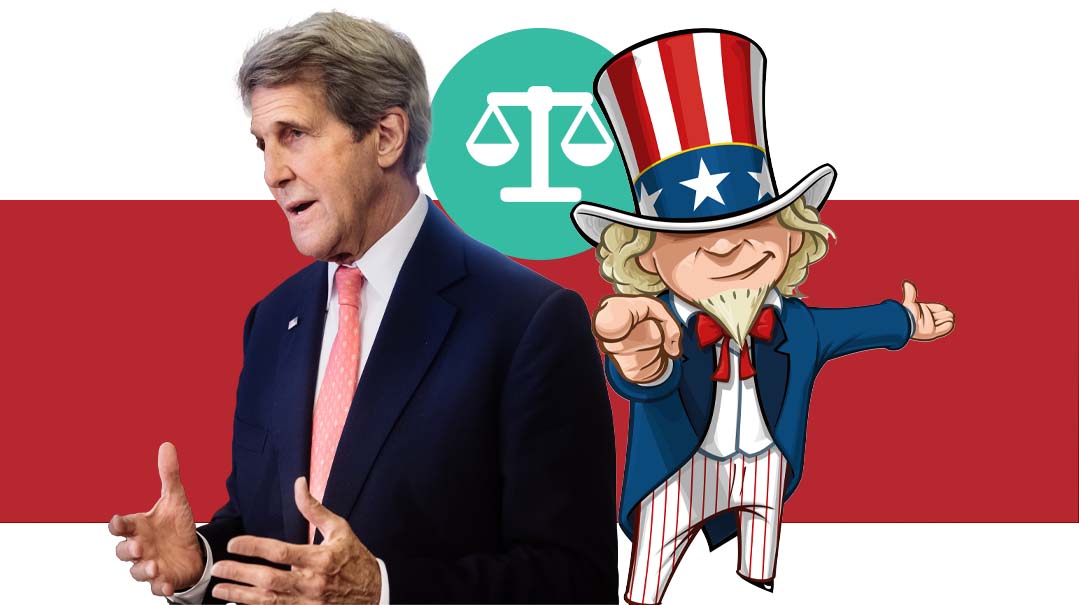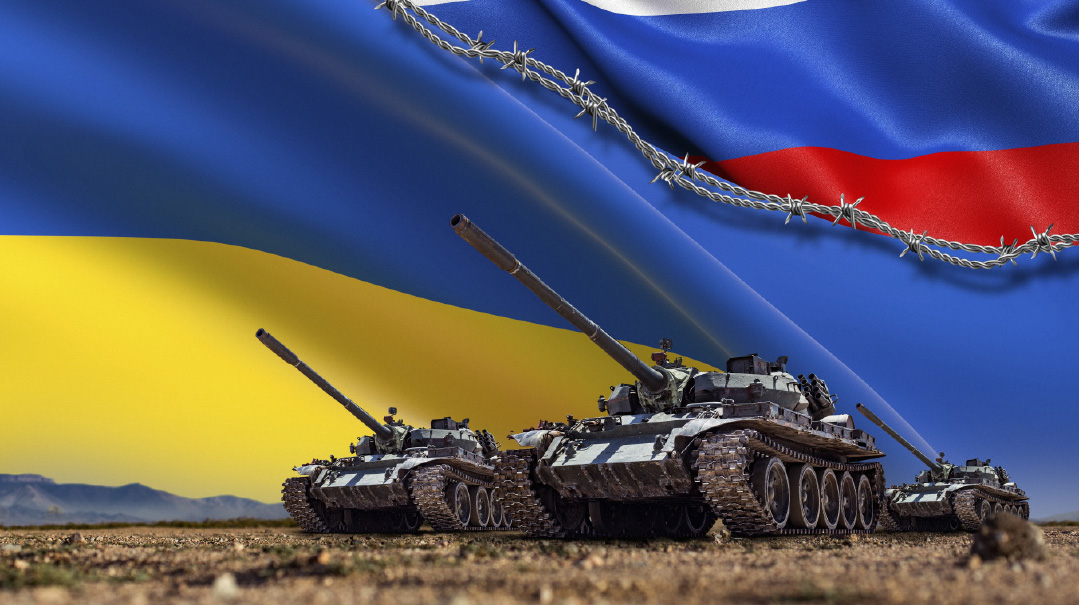It’s the Geopolitics, Stupid!

The standoff has highlighted the return of geopolitical truths about power

Is an invasion imminent or not? For weeks now, Western leaders have been trying to parse Putin’s intentions as Russian forces on Ukraine’s borders swell daily.
But even as the world waits, the standoff has highlighted the return of geopolitical truths about power and the old continent that the postwar settlement obscured.
19th Century
“You just don’t in the 21st century behave in 19th-century fashion by invading another country,” scolded then-secretary of state John Kerry (now Biden’s “climate czar”) when Putin last invaded Ukraine.
It was a telling comment, highlighting the gulf between the Obama administration’s naivete, and the Russian leader’s acute understanding that fielding tanks is far more effective than deploying rhetoric.
Nine years on, that dangerous brand of foreign policy piety is in retreat — Biden has been realistic about the chances of invasion — but Kerry’s words serve as a reminder of how we got here.
Balancing Act
Noteworthy also are the roles played by the Western European powers. For a thousand years of European history, an overly powerful France, Germany, or Russia unsettled the balance of power, drawing in Britain on the side of the underdog to ensure that no one country dominated the continent.
With Germany out of the power games due to its recent past, and Russia the major threat, an old dynamic has played out: France under Emmanuel Macron is making overtures to Russia, while Britain seeks to balance by sending arms and stiffening NATO’s spine.
Uncle Sam
But inevitably, the current dust-up has highlighted that even taking into account regional powers, it’s only the US cavalry’s arrival that will save the day. The reason is simple: hard power. With more than 60,000 troops and over 200 aircraft in Europe alone, the United States European Command packs the punch of a mid-size military — with more over the horizon should war begin.
So, despite recent European — and especially French — declarations that the European Union needs its own armed forces, Putin’s gambit has focused minds on the hard fact that without American might, Europe is in deep trouble.

Cyber-Weapons
News that Israel’s police unleashed Pegasus — a sophisticated cyber-weapon that allows users to hack into smartphones and turn them into spying devices — on scores of targets around Bibi Netanyahu, has briefly united many of the former PM’s supporters with left wing critics of police overreach. Law enforcement authorities, who at first denied the reporting by Calcalist, a financial paper, have since admitted that the unauthorized spying took place.
While Israelis are right to demand curbs on police excesses, they have to be careful not to play into the hands of the country’s foes. Parts of the international media and NGO world have campaigned against the sale of Pegasus to Israel’s new allies such as the UAE over allegations of spying on human rights activists.
So before pressing the “delete” button on sales to allies, Israel needs to ask itself the simple question: If the cyber-weapon was a tank, would the sale go ahead with the potential to win much-needed support in the international arena? If the answer is yes, then tech is no different.
(Originally featured in Mishpacha, Issue 898)
Oops! We could not locate your form.






